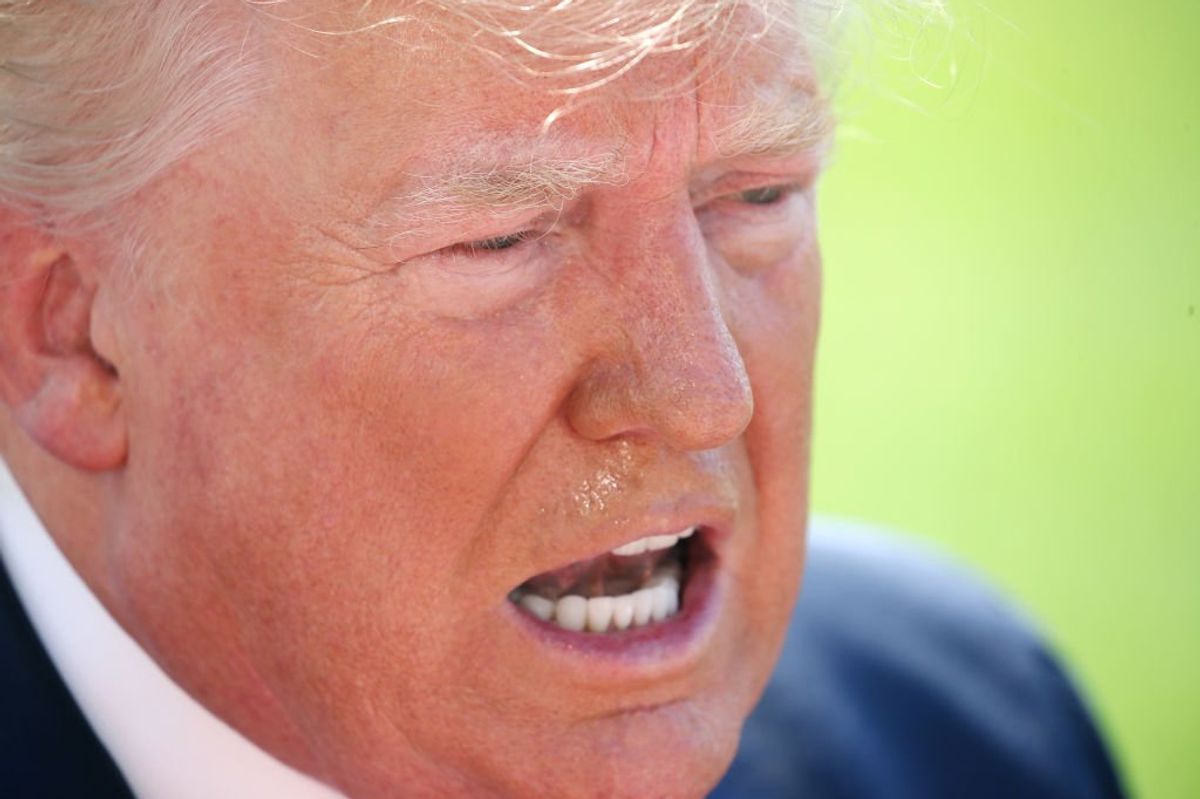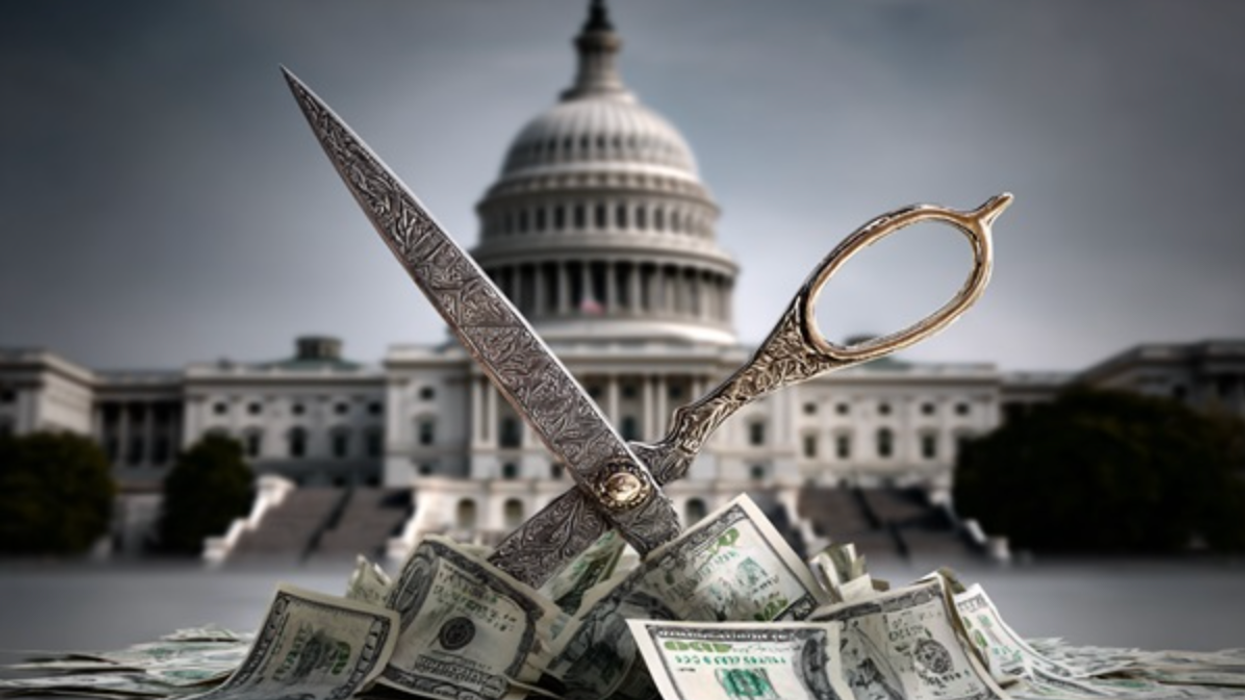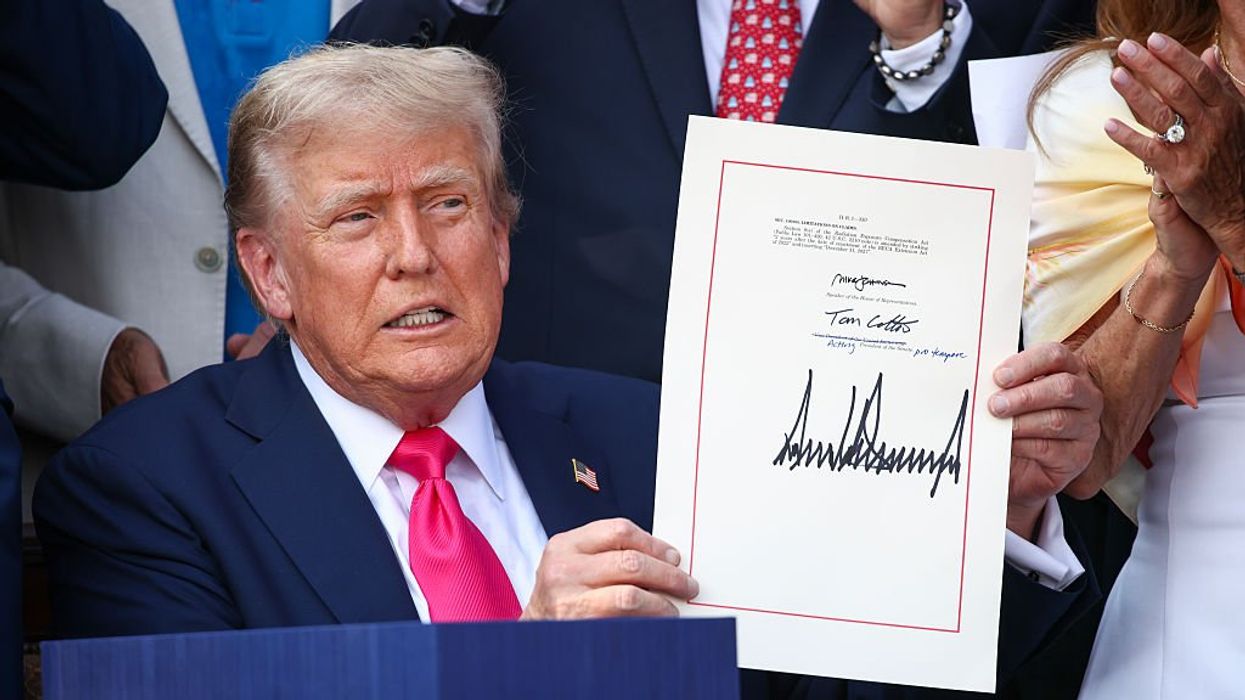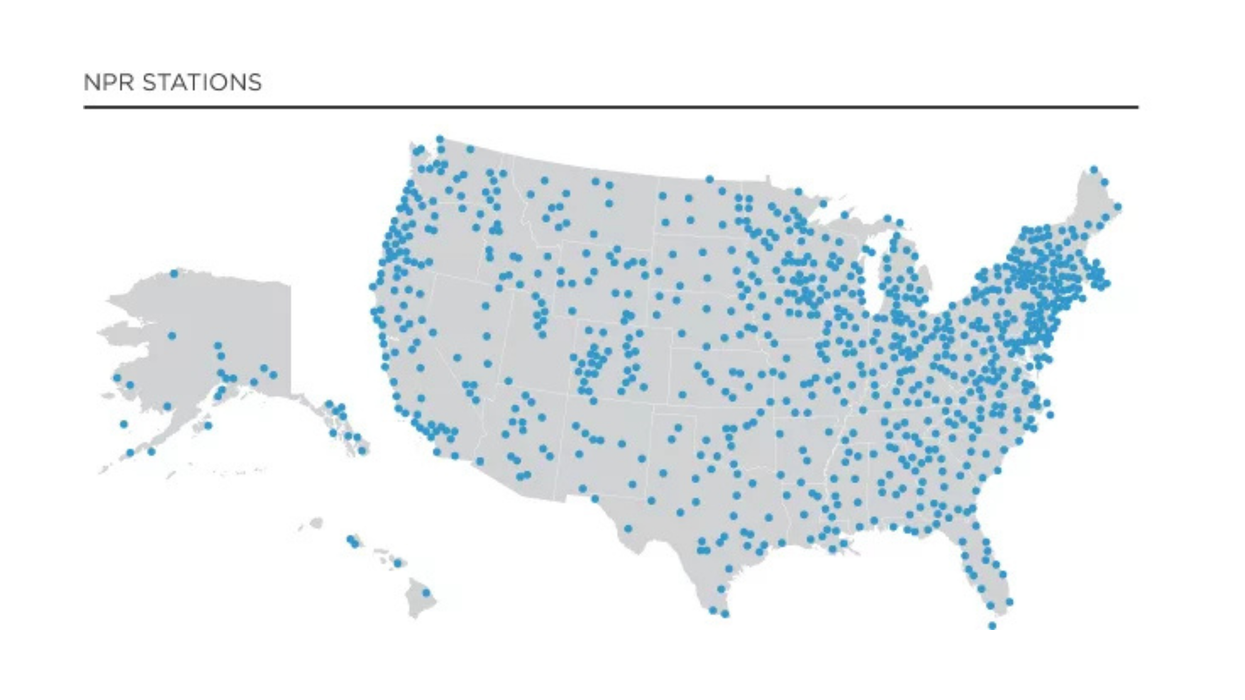Hopefully, Nicolas Cage wouldn’t steal it this time, like he did in 2004’s implausible adventure movie National Treasure.
What the bill does
New legislation would convene Congress at Philadelphia’s Independence Hall, the site of the Declaration of Independence’s signing on July 4, 1776, for the 250th anniversary on July 2, 2026.
Why not on July 4, the exact anniversary? Because in 2026, that date will fall on a weekend Saturday, when Congress would likely be out of session.
The legislation was introduced by Rep. Brendan Boyle (D-PA2), who represents the area of Philadelphia containing Independence Hall itself. The legislation does not appear to have an “official” title.
Context: outside D.C.
Congress has twice convened in cities beyond Washington, D.C. for special occasions.
On July 16, 1987, Congress met at Independence Hall for the 200th anniversary of the Constitution—not the entire Congress but 55 members of the House and Senate. C-SPAN broadcast the event on television.
On September 6, 2002, Congress met at Federal Hall in New York City for the one-year anniversary of the 9/11 terrorist attacks on the World Trade Center. Though more than half of Congress attended, around 300 members, that still fell short of the entire body. C-SPAN broadcast that event, too.
Context: the Declaration
Written by Thomas Jefferson, later elected as the third president, the Declaration of Independence detailed colonists’ grievances against King George III and explained why they declared a revolution against his rule. Jefferson’s opening phrase became one of the most famous in American history: “When in the course of human events.”
56 delegates to the Continental Congress signed the document, including some of the most prominent men of the era like Benjamin Franklin, John Adams, and Thomas Jefferson. John Hancock famously signed his name extra large, reportedly so that the king could see it all the way from England.
Today, the document is on display to the public at the National Archives in Washington, D.C. and the signing is celebrated annually as the federal holiday Independence Day.
(Although recently, historian Andrew Roberts prompted something of a reconsideration when he argued in his 2021 biography The Last King of America that King George III wasn’t actually that bad.)
What supporters say
Supporters argue that it’s fitting to mark the entire origin point of the American experiment in the room where it all began.
“In 1776, Philadelphia was the birthplace of American democracy,” Rep. Boyle said in a press release. “It is only right that we celebrate our nation’s 250th anniversary in the very building where the Continental Congress signed the Declaration of Independence. Our bill will bring Congress together in Philadelphia once again for a historic special session to honor 250 years of freedom.”
What opponents say
The Fulcrum was unable to locate any explicit statements of opposition, but perhaps some could object to one of the lead Democratic sponsor’s seemingly anti-Trump arguments.
“Both abroad and at home, we are seeing threats to democracy today in a way which hasn’t been the case at any point in my lifetime,” Rep. Boyle told the Philadelphia Inquirer in 2024 upon introducing a prior version of the legislation. (His phrase “and at home” clearly referenced Donald Trump.) “So I think this takes on greater symbolic value to remind all of us of the spirit of 1776, what our founders achieved, and how precious it is in this generation that we don’t lose it.”
Odds of passage
The legislation has attracted 25 bipartisan cosponsors: 14 Democrats and 11 Republicans. Notably, more than half—or 13 of the 25—hail from Pennsylvania.
It awaits a potential vote in the House Judiciary Committee.
Rep. Boyle previously introduced a prior version of the legislation in late June 2024. It attracted a slightly larger 28 bipartisan cosponsors, 20 Democrats and eight Republicans, but never received a committee vote.
Jesse Rifkin is a freelance journalist with the Fulcrum. Don’t miss his weekly report, Congress Bill Spotlight, every Friday on the Fulcrum. Rifkin’s writings about politics and Congress have been published in the Washington Post, Politico, Roll Call, Los Angeles Times, CNN Opinion, GovTrack, and USA Today.
SUGGESTIONS:
Congress Bill Spotlight: National Garden of American Heroes, As Trump Proposed
Congress Bill Spotlight: Preventing Presidential Inaugurations on MLK Day, Like Trump’s
Congress Bill Spotlight: No Invading Allies Act
Congress Bill Spotlight: Suspending Pennies and Nickels for 10 Years




















